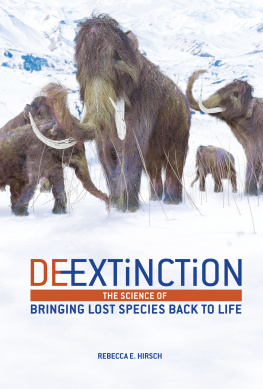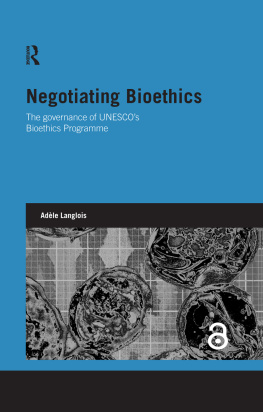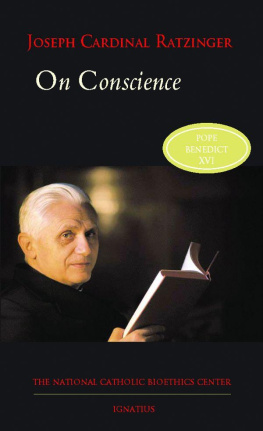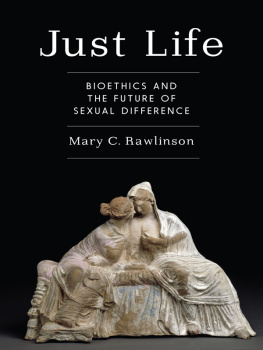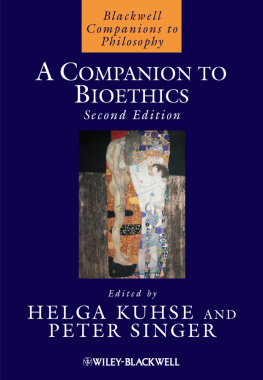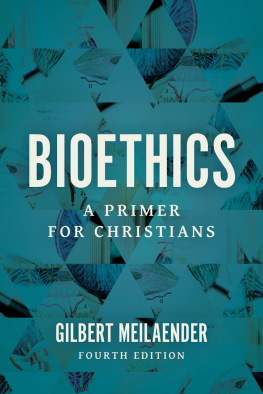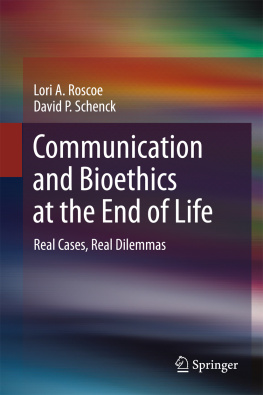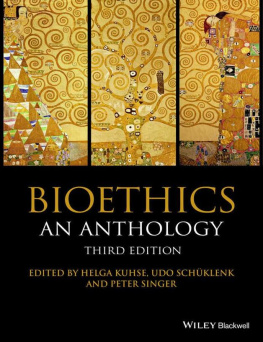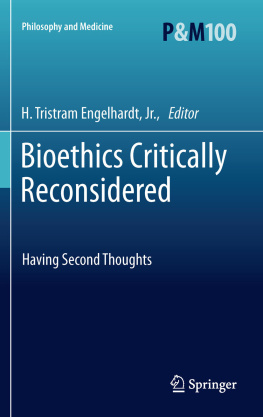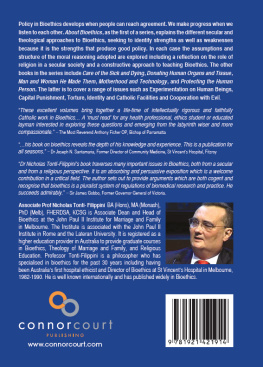Stan Booth - Reconsidering Extinction in Terms of the History of Global Bioethics
Here you can read online Stan Booth - Reconsidering Extinction in Terms of the History of Global Bioethics full text of the book (entire story) in english for free. Download pdf and epub, get meaning, cover and reviews about this ebook. year: 2021, publisher: Routledge, genre: History. Description of the work, (preface) as well as reviews are available. Best literature library LitArk.com created for fans of good reading and offers a wide selection of genres:
Romance novel
Science fiction
Adventure
Detective
Science
History
Home and family
Prose
Art
Politics
Computer
Non-fiction
Religion
Business
Children
Humor
Choose a favorite category and find really read worthwhile books. Enjoy immersion in the world of imagination, feel the emotions of the characters or learn something new for yourself, make an fascinating discovery.

- Book:Reconsidering Extinction in Terms of the History of Global Bioethics
- Author:
- Publisher:Routledge
- Genre:
- Year:2021
- Rating:3 / 5
- Favourites:Add to favourites
- Your mark:
Reconsidering Extinction in Terms of the History of Global Bioethics: summary, description and annotation
We offer to read an annotation, description, summary or preface (depends on what the author of the book "Reconsidering Extinction in Terms of the History of Global Bioethics" wrote himself). If you haven't found the necessary information about the book — write in the comments, we will try to find it.
Reconsidering Extinction in Terms of the History of Global Bioethics continues the Routledge Advances in the History of Bioethics series by exploring approaches to the bioethics of extinction from disparate disciplines, from literature, to social sciences, to history, to sustainability studies, to linguistics. Van Rensselaer Potter coined the phrase Global Bioethics to define human relationships with their contexts. This and subsequent volumes return to Potters founding vision from historical perspectives, and asks, how did we get here from then? Extinction can be understood in terms of an everlasting termination of shape, form, and function; however, until now life has gone on. Where would we humans be if the dinosaurs had not become extinct? And we still manage to communicate, only not in proto-Indo-European, but in a myriad of languages, some more common than others. The answer is simple, after extinction events, evolution continues. But will it always be so? Has the human race set planet earth on a collision course with nothingness? This volume explores areas of bioethical interpretation in relation to the complex concept of extinction.
Stan Booth: author's other books
Who wrote Reconsidering Extinction in Terms of the History of Global Bioethics? Find out the surname, the name of the author of the book and a list of all author's works by series.

